Description
Metformin 1000mg primarily acts by inhibiting glucose production in the liver, a process mediated by reducing hepatic gluconeogenesis. It enhances insulin sensitivity in peripheral tissues, allowing for better glucose uptake. On the other hand, Empagliflozin 10mg, an SGLT2 inhibitor, works by blocking the sodium-glucose cotransporter 2 (SGLT2) in the proximal tubule of the kidney. This inhibition leads to increased glucose excretion in urine, thereby lowering blood glucose levels. This dual mechanism of action helps in managing blood sugar levels effectively.
Ingredients
Metformin, EmpagliflozinDrug Class
SGLT2 inhibitor, Biguanide.
Dosage Form
Tablet
Uses
The following are the uses of Metformin 1000mg, Empagliflozin 10mg Tablet:
- Used for managing type 2 diabetes by lowering blood sugar levels.
- Used to increase insulin sensitivity, allowing the body to use insulin more effectively.
- Used to reduce the amount of glucose absorbed from food in the intestines.
- Used to decrease glucose production in the liver, preventing excess sugar release into the bloodstream.
- Used for promoting weight loss, especially in overweight individuals with diabetes.
- Used to improve cardiovascular health by reducing the risk of heart-related complications.
- Used to lower blood pressure and improve cholesterol levels, contributing to overall heart health.
- Used to prevent kidney damage and slow the progression of kidney disease in diabetic patients.
In case of Overdose
In the case of an overdose of Metformin 1000mg or Empagliflozin 10mg tablets, individuals may experience symptoms such as nausea, vomiting, diarrhea, and abdominal pain. In more severe cases, lactic acidosis, a serious condition characterized by a buildup of lactic acid in the blood, can occur. Prompt medical intervention is necessary to manage these symptoms and prevent potential complications. The treatment approach may include gastric lavage, supportive care, and monitoring of vital signs and blood parameters.
Missed Dose
In the case of a missed dose of Metformin 1000mg, take it as soon as you remember, but if it’s almost time for your next dose, skip the missed dose and continue with your regular dosing schedule. Do not double the dose to make up for the missed one. For Empagliflozin 10mg Tablet, if you miss a dose, take it as soon as you remember, but if it’s closer to your next dose, skip the missed dose and continue with your regular dosing schedule. It is generally best to take the missed dose as soon as you remember to maintain consistent medication levels in your body.
How To Use
To take Metformin 1000mg and Empagliflozin 10mg tablets, swallow one tablet of each medication whole with a full glass of water, preferably during or after a meal, exactly as prescribed by your healthcare provider, typically once daily.
When Not to Use
Following are the conditions when Metformin 1000mg and Empagliflozin 10mg Tablet should not be used:
- Not suitable for individuals with a known allergy to Metformin, Empagliflozin, or any other sulfonylurea or sulfonamide-derived drugs.
- Should not be used in patients with severe kidney disease or those with diabetic ketoacidosis.
- Contraindicated in individuals with a history of a serious allergic reaction to any similar medications.
- Not recommended for individuals with severe liver disease or liver problems.
- Should not be used if you are on dialysis or have a kidney transplant.
- Contraindicated during pregnancy and breastfeeding.
- Avoid if you have a severe infection, surgery, or a serious injury.
Side Effects
The side effects of Metformin 1000mg and Empagliflozin 10mg Tablet may include:
- Nausea and vomiting
- Diarrhea or stomach pain
- Weakness or fatigue
- Metallic taste in the mouth
- Increased urination
- Genital yeast infections
- Low blood sugar (hypoglycemia)
- Dizziness or lightheadedness
Precautions & Warnings
Following are the precautions and warnings for Metformin 1000mg, Empagliflozin 10mg Tablet:
- This medication should not be initiated in patients with severe renal impairment or kidney disease, and it should be temporarily discontinued if the patient experiences any renal impairment during treatment.
- Patients with a history of liver disease or liver function abnormalities should have their liver function monitored regularly while on this medication.
- Not recommended for individuals with a known allergy to Metformin or Empagliflozin or any of the tablet’s components.
- Diabetic patients should regularly monitor their blood glucose levels and ketone levels, especially during times of stress, illness, or surgery.
- May cause dehydration and volume depletion, particularly in elderly patients or those with low blood volume; regular monitoring of fluid balance is advised.
- Patients with a history of bladder cancer should be aware of the potential risk associated with Empagliflozin and should discuss any concerns with their healthcare provider.
- Not recommended for use in pregnant or breastfeeding women; consult your doctor for alternative treatment options.
- Patients with type 1 diabetes or diabetic ketoacidosis should not use this medication as it is not effective in these conditions.
Drug Interactions
Following are the drug interactions for Metformin 1000mg and Empagliflozin 10mg Tablet:
- Drugs that increase blood sugar, like corticosteroids or beta-agonists, may reduce the effectiveness of metformin and empagliflozin.
- Metformin can interact with certain contrast dyes used in medical imaging procedures, increasing the risk of lactic acidosis. Temporary discontinuation may be necessary.
- Empagliflozin may increase the risk of dehydration and hypotension when used with diuretics or other antihypertensive medications.
- Drugs that affect kidney function, such as ACE inhibitors or ARBs, may require dose adjustments when used with empagliflozin.
- Alcohol consumption may increase the risk of hypoglycemia when taking metformin, and it can also worsen empagliflozin’s effect on blood pressure.
- Certain anti-diabetic medications like insulin or sulfonylureas may increase the risk of hypoglycemia when combined with metformin and empagliflozin.
- Empagliflozin may interact with some anti-inflammatory drugs, potentially affecting kidney function.
Food Interactions
Following are the food interactions for Metformin 1000mg and Empagliflozin 10mg Tablet:
- Alcohol consumption should be limited as it can increase the risk of lactic acidosis, especially with Metformin.
- Avoid excessive consumption of grapefruit and grapefruit juice, as it may affect the metabolism of Empagliflozin.
- Both medications may lower blood sugar levels, so regular monitoring and adjustment of diet is essential, particularly with carbohydrate intake.
- Maintain a balanced diet with consistent meal patterns to ensure stable blood sugar levels.
- Avoid high-sugar foods and beverages as they can counteract the effects of these medications.
- Ensure adequate fluid intake to reduce the risk of dehydration, especially with Empagliflozin.
- Consult your healthcare provider for personalized dietary recommendations based on your medication regimen.
Storage/Disposal
Metformin 1000mg and Empagliflozin 10mg tablets should be stored in a cool, dry place, preferably at room temperature, and protected from light and moisture. Keep the tablets in their original container, tightly sealed, to maintain their integrity and prevent exposure to environmental factors. It is crucial to avoid storing them in areas with temperature fluctuations, such as bathrooms or near heat sources, as this can impact their effectiveness. Proper disposal of unused or expired medication is essential; do not flush or pour them down the drain. Consult a pharmacist or healthcare professional for safe disposal options. Keep the medication securely stored away from children to prevent accidental consumption.
Quick Tips, if any
Following are the quick tips for Metformin 1000mg, Empagliflozin 10mg Tablet:
- Take the medication exactly as prescribed by your doctor, do not alter the dosage.
- Swallow the tablets whole with a full glass of water, do not crush or chew.
- Maintain a consistent schedule for taking your medication, preferably with meals.
- Inform your doctor if you have kidney or liver disease before taking these tablets.
- Do not take this medication if you have severe kidney problems or are on dialysis.
- Regularly monitor your blood sugar levels and consult your doctor for adjustments.
- Store the tablets in a cool, dry place, away from direct sunlight and moisture.
Xenglu-Met XR 10/1000 mg (Empagliflozin+Metformin) Tab 14’s
₨ 39
28 in stock
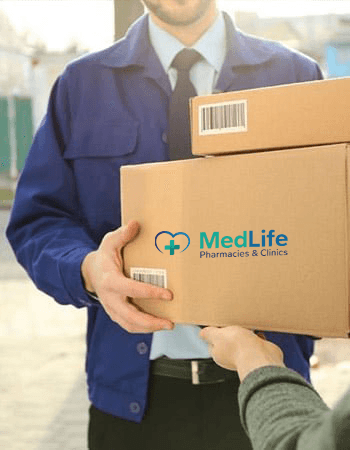

Get Your Healthcare Delivered Nationwide!
No matter where you reside in Pakistan, medlife.pk brings your healthcare essentials straight to your doorstep! We partner with trusted shipping companies like TCS, M&P, LEOPARD Courier, Trax, and Call Courier for nationwide delivery.
For ultimate convenience, enjoy Cash on Delivery (COD) with a flat rate of Rs.299 across Pakistan. Prefer to pay upfront? Orders over Rs.3,000 receive free shipping when you pay with Bank Transfer, JazzCash, Easypaisa, or Credit/Debit Card. And the perks don't stop there! Orders exceeding Rs.5,000 with advance payment not only get free shipping, but also earn you a discount coupon for your next medlife.pk purchase.
Rest assured, our team meticulously packs and ships your order for safe arrival, ensuring you receive the genuine products you deserve. So, browse our selection, choose your payment method, and get ready to experience the medlife.pk difference! Happy shopping!


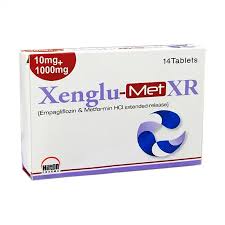
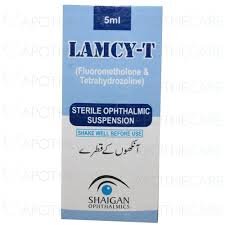
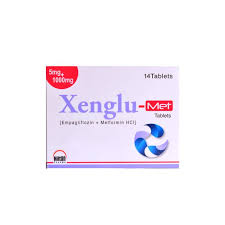
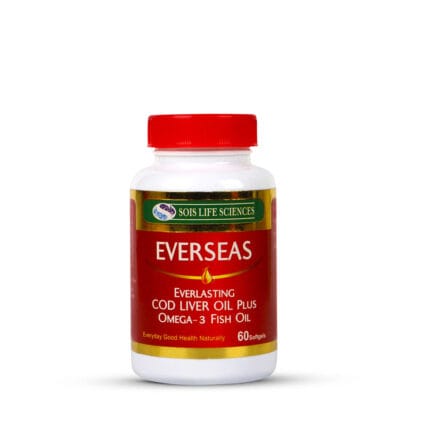
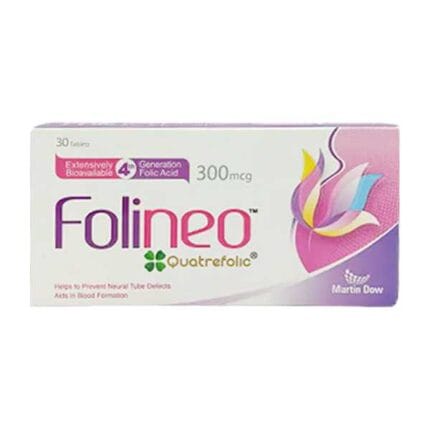
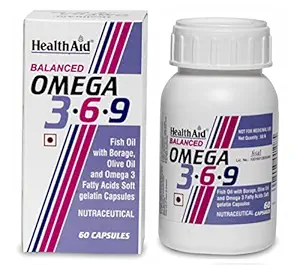
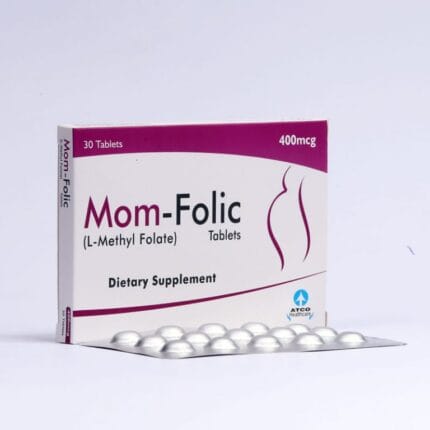
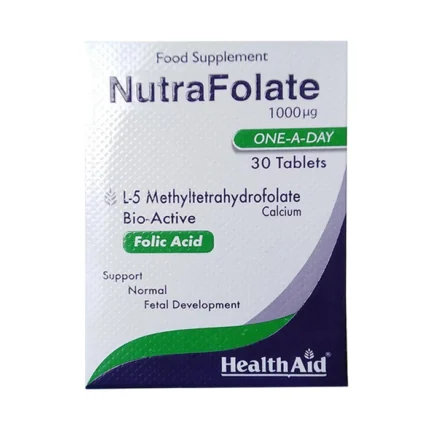


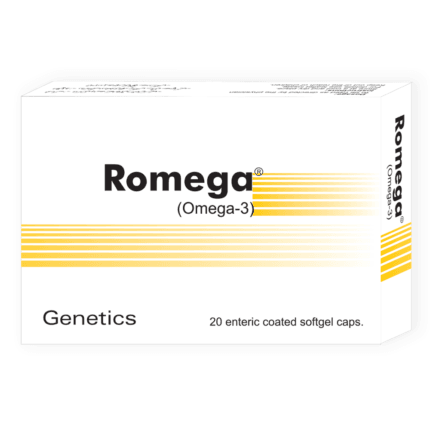







Reviews
There are no reviews yet.